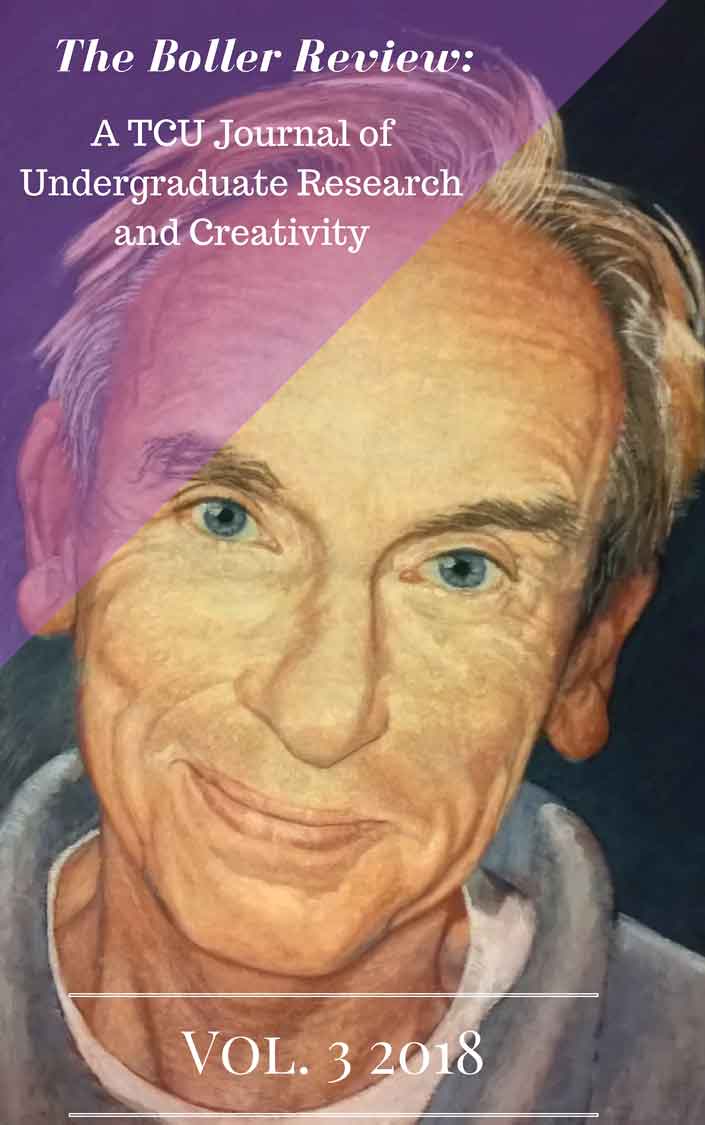A Comparison of the Effects of a Carbohydrate Mouth Rinse on Cycling Performance in Depleted and Non-depleted Glycogen States
Main Article Content
Abstract
Performance improvements have been reported when mouth rinsing with a carbohydrate (CHO) solution during short duration, high intensity endurance exercise. Limited research has been conducted in this area when endogenous CHO stores are depleted. PURPOSE: The purpose of this study was to assess the effects of a CHO mouth rinse on endurance-trained cyclists during a 30-kilometer time trial in depleted vs. non-depleted glycogen states. METHODS: 5 endurance-trained men (28±7 years; 179.32±8.15 cm; 68.65±8.16 kg; 54.00±5.95 mL/kg/min VO2 max) participated in a repeated measures crossover study using a CHO mouth rinse (6.4% maltodextrin) or placebo. RESULTS: Subjects completed the time trial faster (p=0.033) in the non-depleted state, despite reporting lower RPE (p=0.010). There was no significant treatment effect, but subjects completed the time trial 20 seconds faster in the depleted CHO mouth rinse condition. Power output was significantly higher (p=0.010) in non-depleted than depleted conditions; no significant treatment effect was observed. RER was significantly higher (p=0.001) in the non-depleted state; no significant differences were observed between mouth rinses. A mouth rinse segment interaction (p=0.028) was observed for heart rate in the last 6k for the CHO mouth rinse condition, indicating a possible increase in effort over the last segment of the time trial. CONCLUSION: CHO mouth rinse may be a valuable tool for performance enhancement in suboptimal nutrition states. Further, the results supported current knowledge regarding performance in depleted and non-depleted glycogen states.
Comments from Mentors
“I had the pleasure of working with Bailey Sullivan and Nicole Hicks in one of my classes, and to mentor them in their senior research project investigating the effect of a carbohydrate mouth rinse on cycling time trial performance in depleted and non-depleted glycogen states. Bailey and Nicole excelled in the classroom and successfully translated their knowledge, their scientific curiosity, and their love for sports to the laboratory. Having competed on the TCU Cross Country and Track & Field teams, Bailey and Nicole set out to find another piece in the puzzle of reducing fatigue and improving performance in endurance sports. In developing a focused research question, designing a rigorous study protocol, and meticulously collecting data, they applied themselves to their research with great enthusiasm and diligence. Bailey and Nicole’s impressive work, as well as their aptitude for interacting with other students, faculty, and research participants, leave me with no doubt that they will continue to excel in their future academic and professional endeavors.”
